Dhaka, August 23 — The interim government of Bangladesh has revoked a controversial provision that allowed the executive branch to unilaterally raise the prices of fuel oil, gas, and electricity. The Advisory Council of the Interim Government has given final approval to the draft of the "Bangladesh Energy Regulatory Commission (Amendment) Ordinance-2024," effectively canceling the earlier powers granted to the government under the Awami League administration.
The decision was made during the third meeting of the Advisory Council of the Interim Government, held at the Rashtriya Guest House Yamuna on Thursday. The meeting, chaired by Chief Advisor Dr. Muhammad Yunus, concluded around noon, according to a statement released by the Cabinet Department.
The now-canceled provision was originally introduced through an executive order on December 1, 2022, under the "Bangladesh Energy Regulatory Commission (Amendment) Ordinance, 2022." This order empowered the government, rather than the Bangladesh Energy Regulatory Commission (BERC), to determine, re-fix, and adjust the prices of fuel oil, electricity, and gas at the consumer level in special cases. The ordinance added section 34(a) to the Bangladesh Energy Regulatory Commission Act, 2003, which allowed the government to adjust tariffs to ensure uninterrupted energy supply across various sectors, including agriculture, industry, and domestic work.
Since its enactment, this provision has been used by the ministry to increase gas, electricity, and oil prices multiple times, sparking public outcry over transparency and accountability in the pricing process.
The Cabinet Department stated that the repeal of this provision aims to promote greater public involvement, transparency, accountability, good governance, and consumer interest in setting tariffs or pricing for gas resources and petroleum products. The new amendment to abolish section 34(a) has now received final approval in the Advisory Council meeting.
The revocation of this ordinance marks a significant policy shift, emphasizing the interim government's commitment to restoring regulatory oversight and enhancing public trust in energy pricing decisions.



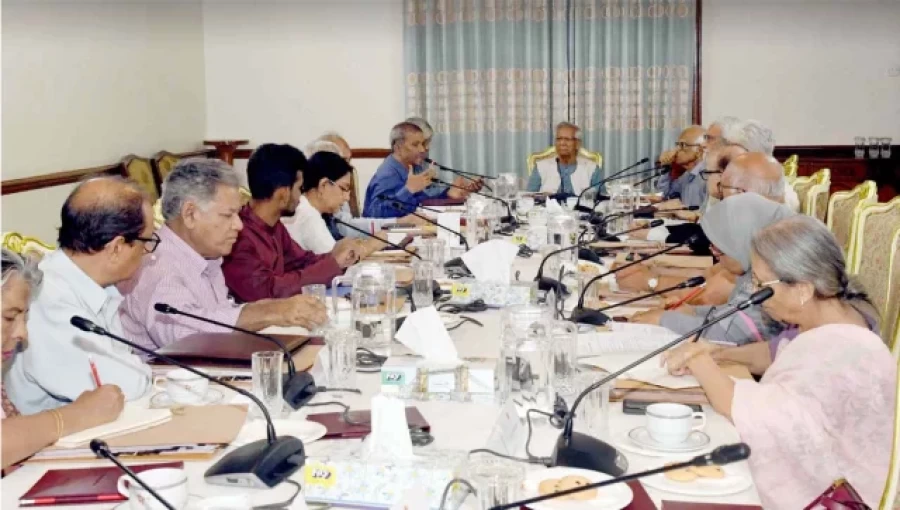
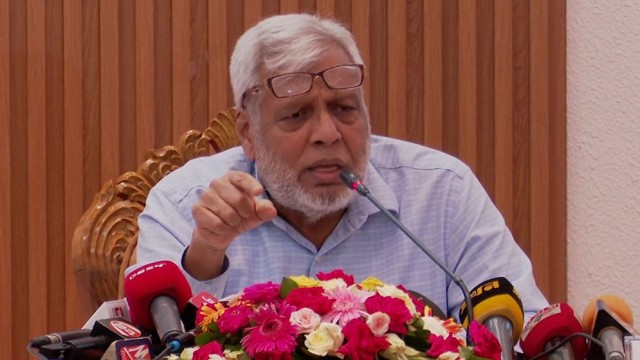
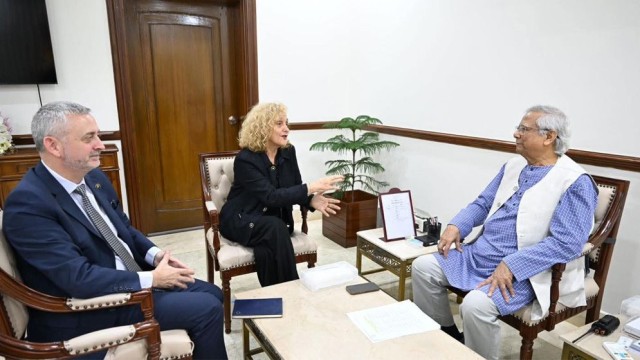
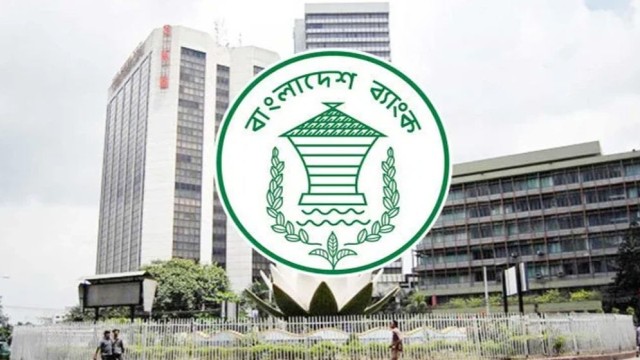

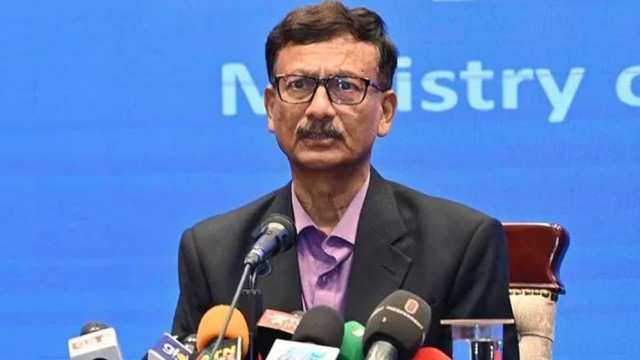

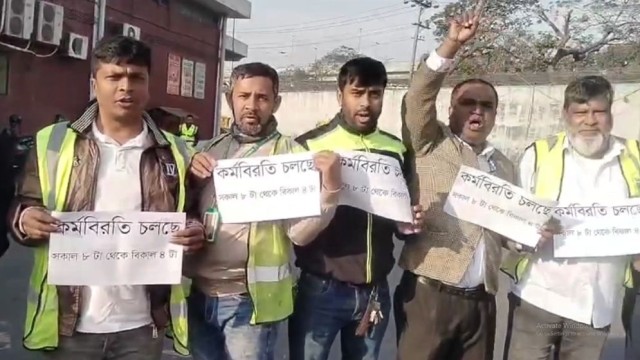

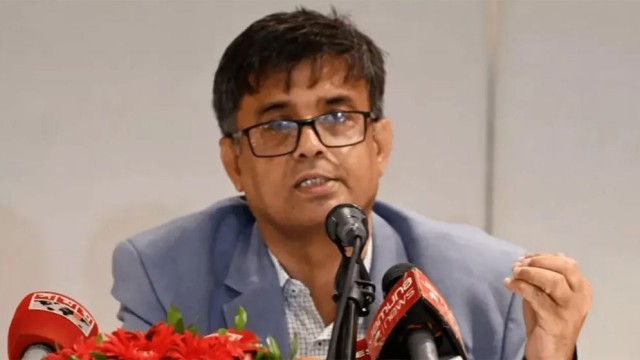












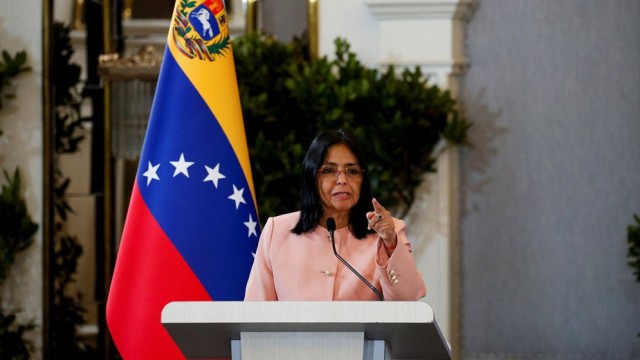
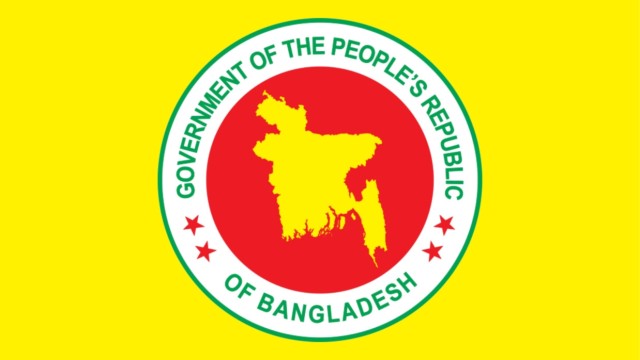
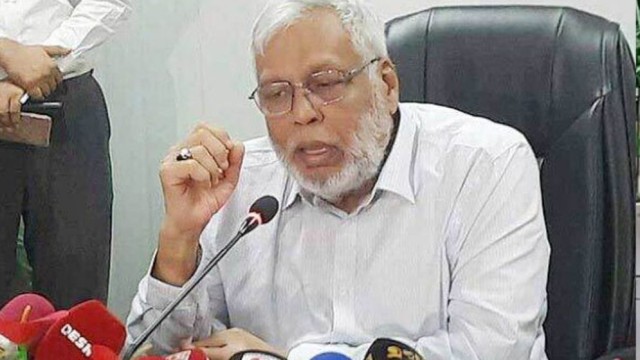


Comment: